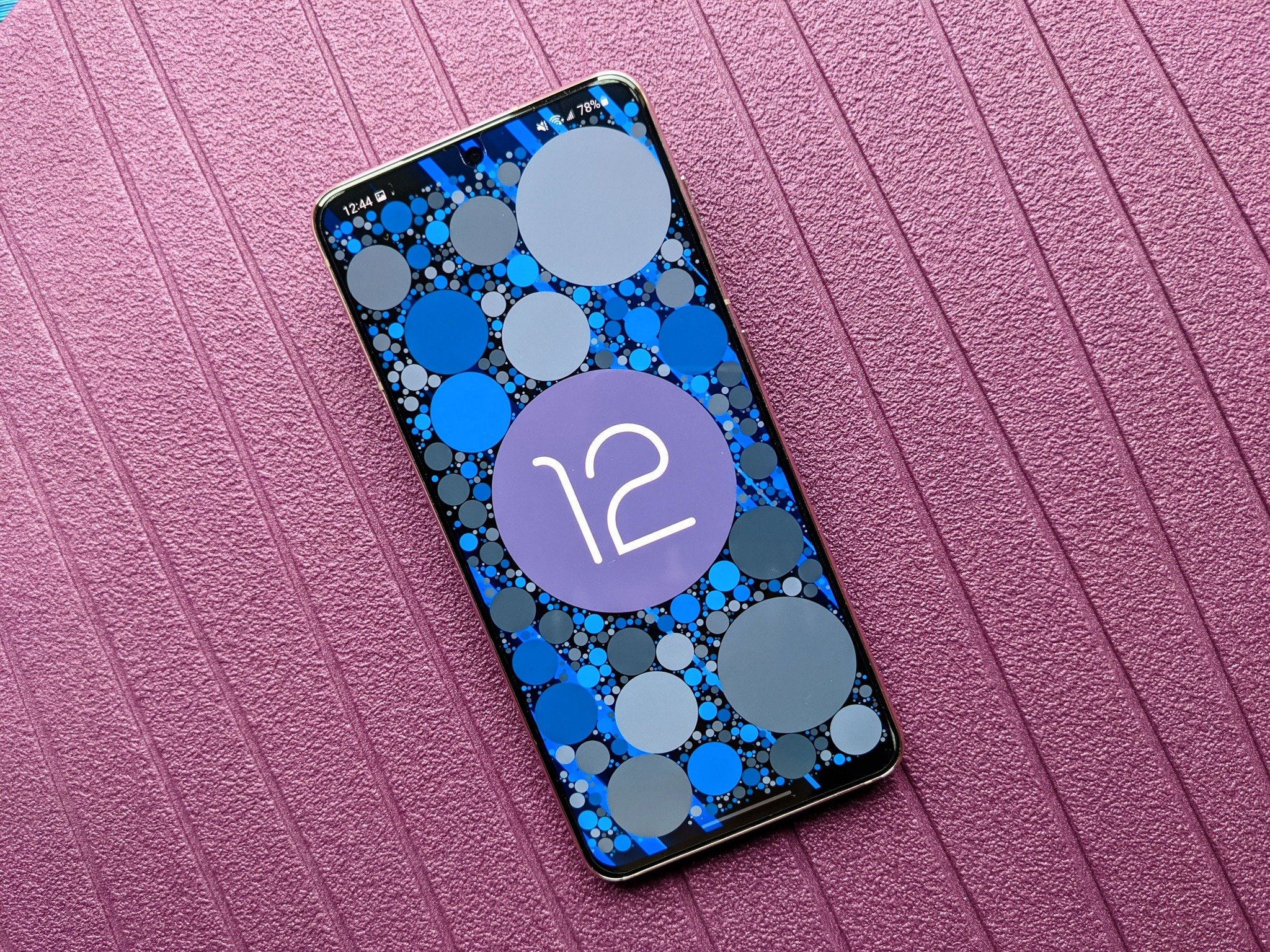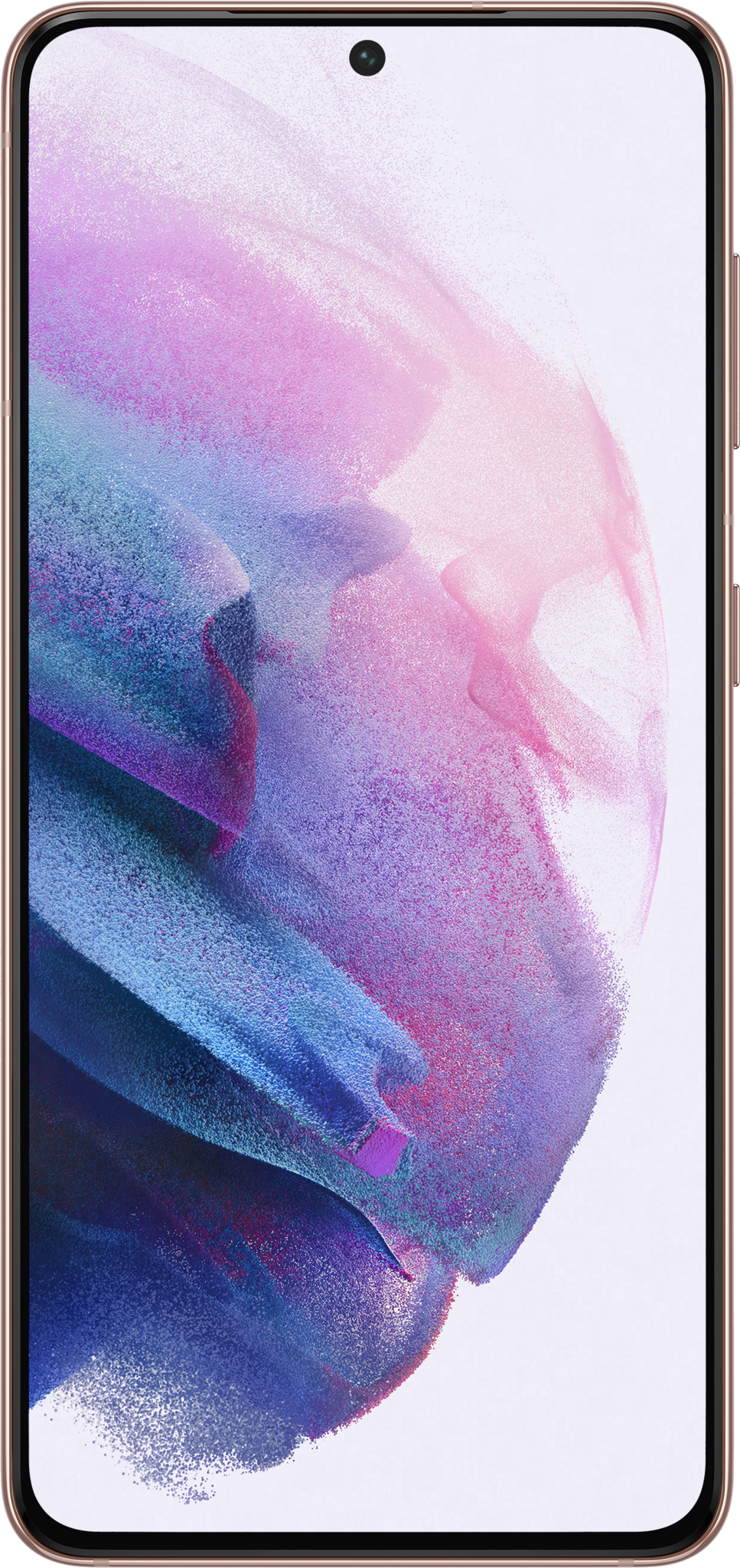The second One UI 4 beta is finally here.
What you need to know
- Samsung has released the second Android 12-based One UI 4.0 beta for the Galaxy S21, Galaxy S21 Plus, and Galaxy S21 Ultra.
- Aside from numerous bug fixes and improvements, the second beta build brings a new "RAM Plus" feature to the flagship phones.
- The update is currently rolling out to users in Korea and Germany.
Nearly three weeks after launching the Android 12-based One UI 4 beta program for its flagship Galaxy S21 series phones, Samsung has finally started rolling out the second beta build. If you have signed up for the One UI 4 beta program, you should receive a notification regarding the update on your device soon.
Unsurprisingly, the new One UI 4 update includes a ton of bug fixes and improvements. Some of the highlights include improvements to the input accuracy of the Samsung Keyboard, a new microphone mode in video calls to allow users to choose what kind of sounds should be emphasized, general performance enhancements, and a fix for the "problem with closing when running Secure Folder."
The update also introduces a new color theme and support for virtual RAM. The RAM Plus (virtual RAM) feature made its debut with the Galaxy A52s 5G and was recently rolled out to the flagship Galaxy Z Fold 3 as well. As its name suggests, the feature lets you increase the amount of RAM on your device by using 4GB of internal storage as virtual memory.
The second One UI 4 beta has arrived just a day after Google announced the stable rollout of Android 12. Google plans to push the Android 12 update to its best Android phones "in the next few weeks."
Samsung Galaxy S21
$800 at Samsung $800 at Amazon $700 at Best Buy
While not quite as premium as the Galaxy S21 Ultra, the baseline Galaxy S21 is still a great phone with impressive specs and a much lower price tag. You get great performance, 5G connectivity, a decently large battery, and a flat 120Hz display.
Source: androidcentral


